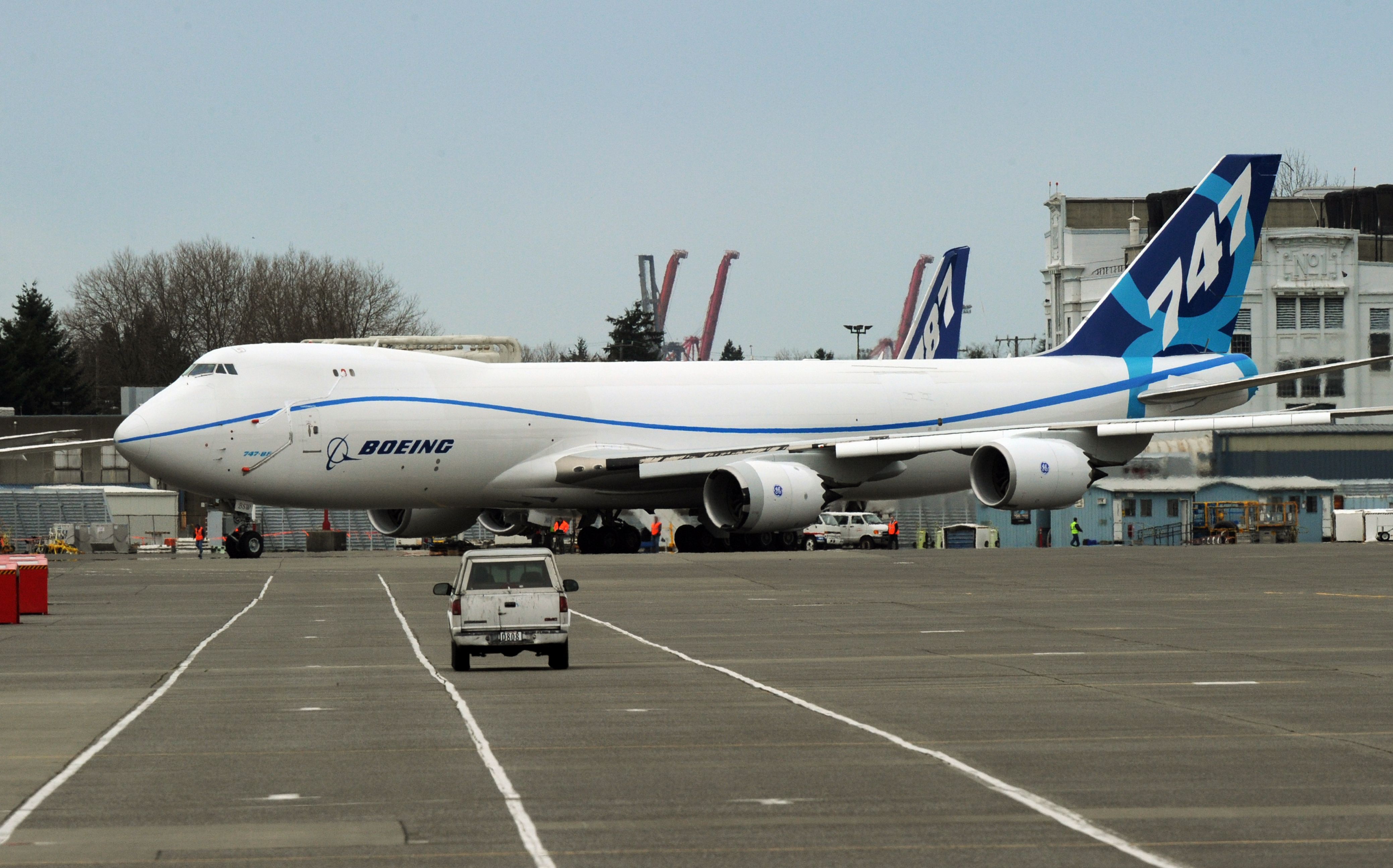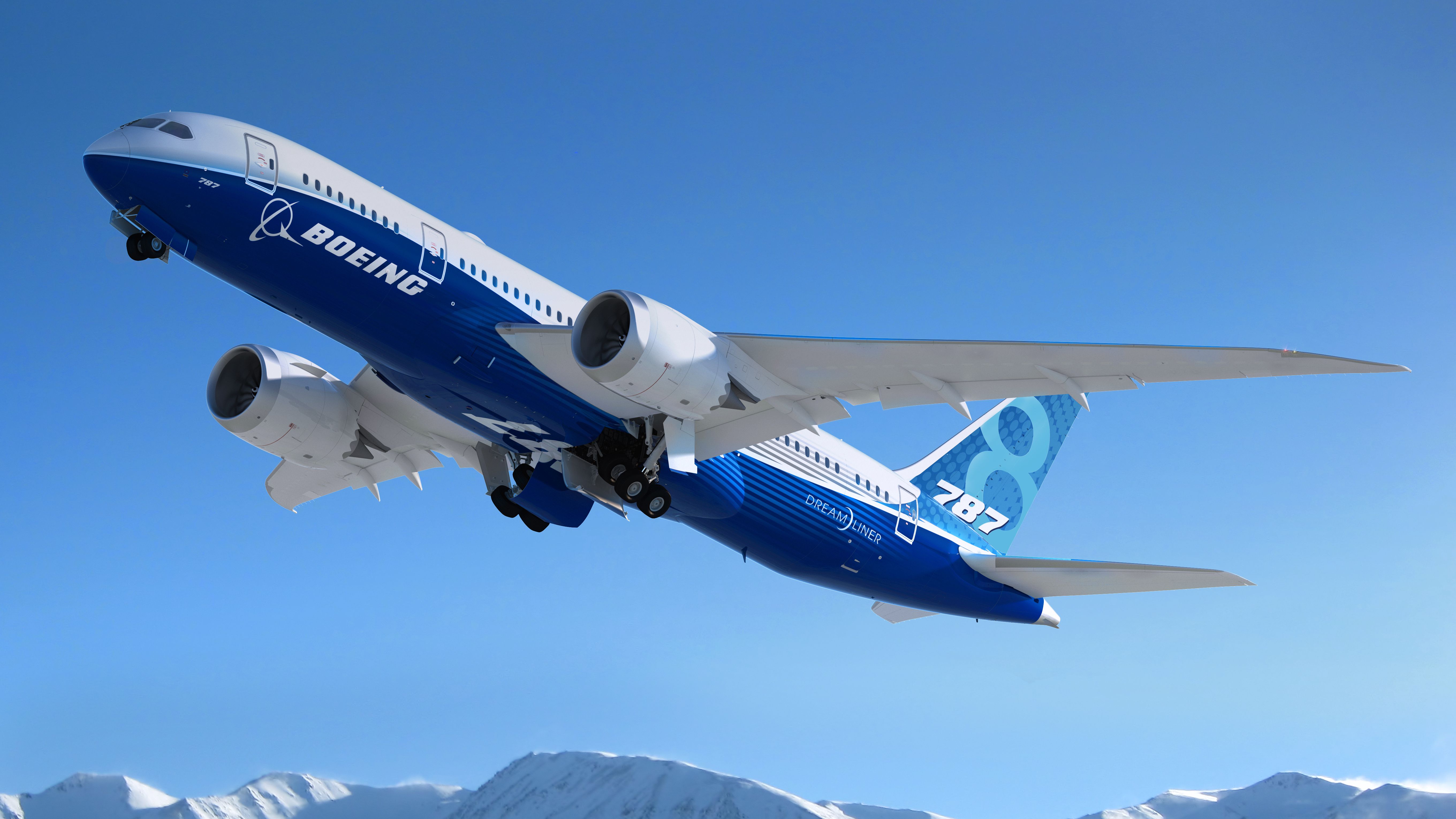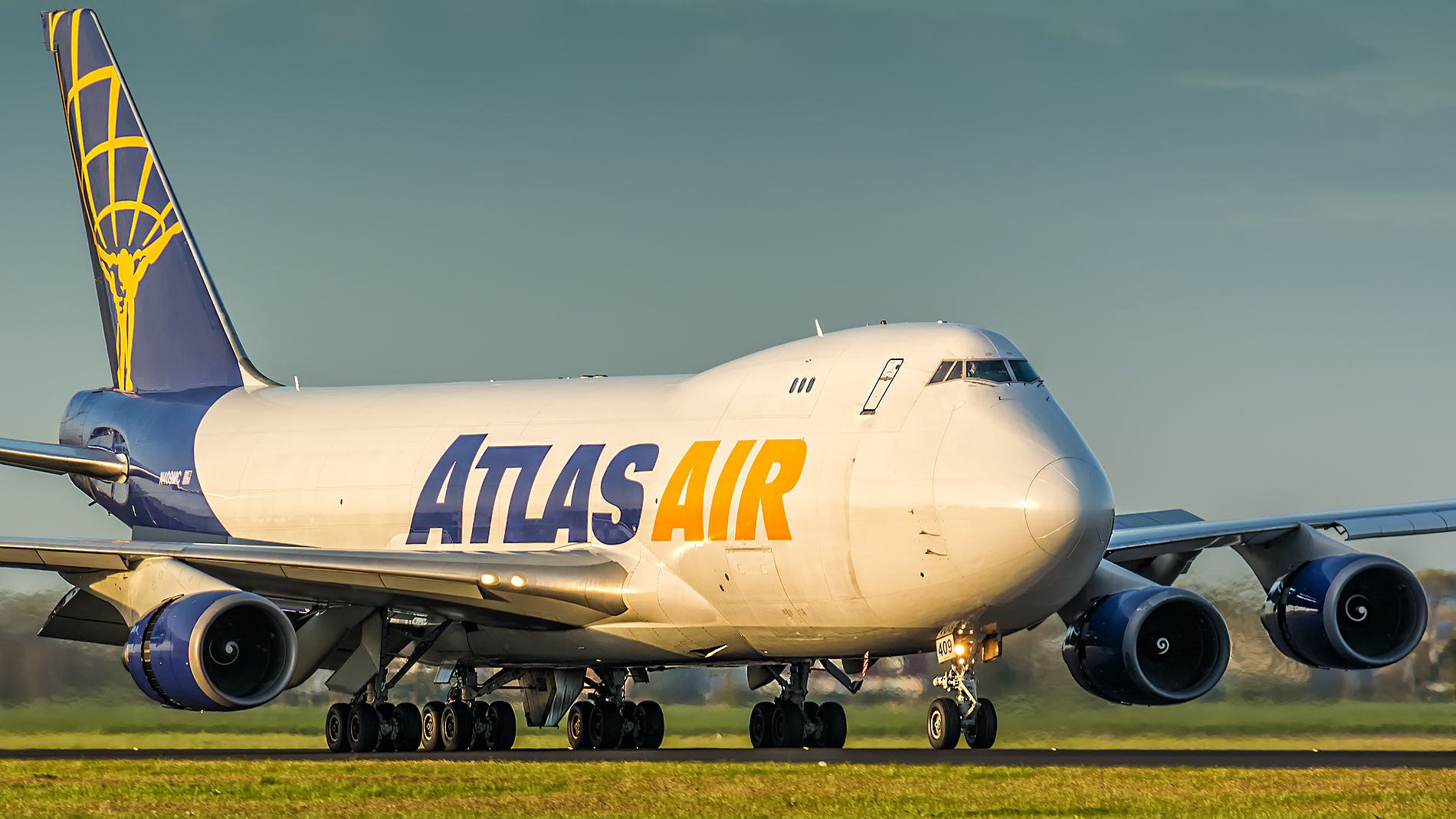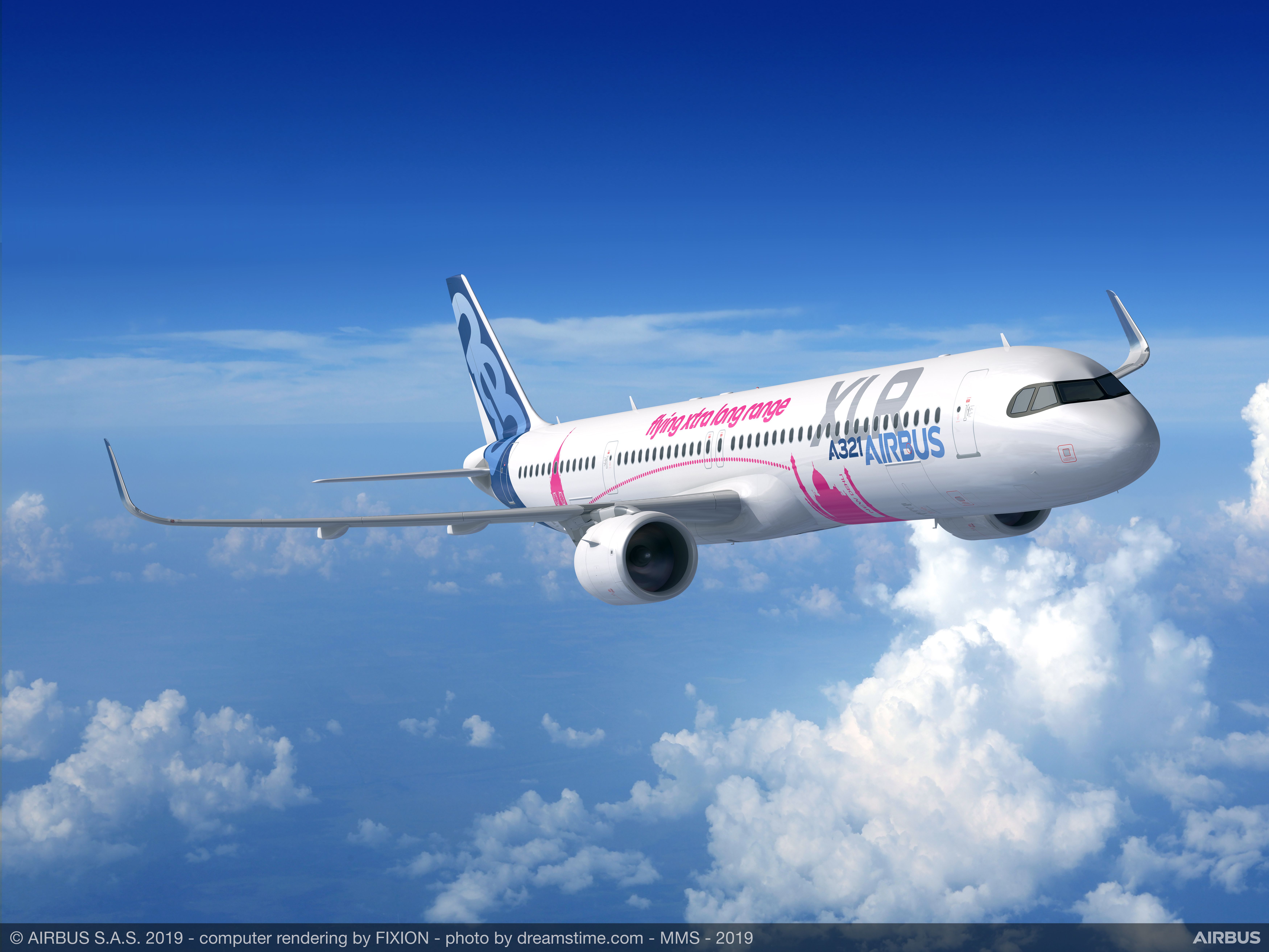Read update
- Another 747 Delivered
Boeing will no longer produce any more 747 jumbo jets after all pending orders are expected to be fulfilled later this year. The Queen of the skies has had a long and glorious production cycle spanning more than half a century, but that is set to end as the planemaker delivers the last unit in just a few months.
UPDATE: 2022/04/13 07:45 UTC BY TOM BOON
Another 747 Delivered
Since this story was published, Boeing confirmed that it has delivered UPS' last 747-8F. This means that just four deliveries remain, all bound for Atlas Air.
The end of an era
Boeing has produced several versions of the jumbo over the course of its life cycle. The latest and greatest of those is the 747-8 variant, first launched in 2005 before entering commercial service approximately seven years later. The 747-8 came in two forms, a freighter and a people carrier dubbed “Intercontinental” and more popularly known as the 747-8I.
Boeing initially forecasted demand of around 300 airframes for this type, but the plane has struggled to get orders. As per company data, 48 passenger aircraft have been delivered, while 102 examples of the 747-8F have been delivered to customers around the world. Even though the 8I passenger variant has been out of production for some time now, demand for the freighter kept the production line running.
A Boeing spokesperson told Simple Flying that only five 747s remain to be delivered, and all of those are freighters. Furthermore, the last delivery is scheduled for October this year to Atlas Air. In fact, four of the remaining five aircraft will join Atlas Air’s fleet, while one will go to fellow cargo giant UPS.
Gradual decline
With the turn of the century, a new trend emerged in the global aviation industry. As technology progressed and twin-engine aircraft got more capable, airlines started moving away from gas-guzzling quad-jets. The COVID-19 pandemic may have worsened the situation by suppressing passenger numbers for months on end, but it isn’t the only reason why orders for the 747-8I never really took off (pun intended).
Airbus started producing the A380 just a few years after the newest 747 was announced. The European jumbo came as a major blow to Boeing as several airlines considering the 747, like British Airways and Emirates, ended up opting for the A380 instead.
Are jumbo jets dead?
During the pandemic’s peak, several airlines had to make tough decisions concerning the future of their jumbo jets. The relatively newer Airbus A380s were sent to long-term storage, but the older 747s weren’t fortunate enough in most cases. This further decreased presence of older 747 variants in the skies.
As travel demand is yet to recover to pre-pandemic levels, the need for large jumbo jets doesn’t really exist. Moreover, industry experts question if that need will ever return as better alternatives are slowly emerging. Increased passenger capacity and extended range are the only two characteristics that make jumbo jets desirable. However, now that passenger numbers are low (or still recovering), airlines are forced to deploy these planes on long-haul routes even with low occupancy rates.
Discover more aviation news here.
Certain narrowbody aircraft like Airbus’ A321XLR could change all that. A single-aisle aircraft with enough range to serve transatlantic routes without stopovers could be a gamechanger for airlines, particularly on long-haul, medium-demand routes.




